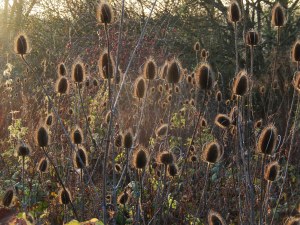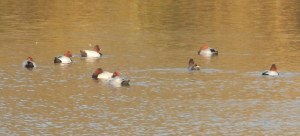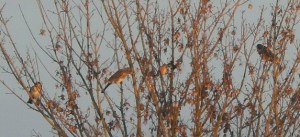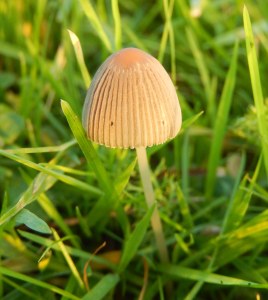Gamekeeper Allen Lambert has been sentenced to 10 weeks of imprisonment, suspended for a year, for intentionally poisoning 10 buzzards and one sparrowhawk with pesticide. The judge commented, unarguably, that the offences had crossed the custody threshold. That a gamekeeper old enough to know much better – Lambert is 65 – should do such a thing is pretty shocking. That the law should do so little given what the RSPB called “truly dreadful” and the worst bird of prey poisoning case it had ever seen in England, is disappointing in the extreme. If this isn’t enough to see a perpetrator behind bars, then what is? For of course, nobody is going to imagine that these were the first raptors that Lambert ever poisoned.
The owner of Lambert’s workplace, the famous Stody Estate in Norfolk is Charles MacNicol. We don’t know what he knew of what his gamekeeper of long standing was up to, nor what orders may have been given. What we do know is that MacNicol “wouldn’t tell BBC News whether he knew, or whether he condemned the killings.” Why not? If MacNicol was innocent, why didn’t he just say straight out that he thought the killings of protected birds of prey shocking and illegal, and that the Stody Estate would not condone them? Why not? It would have cost MacNicol nothing. His head-down-and-keep-shtum response immediately suggests his attitude to be entirely reprehensible, and leaves open the question of his knowledge, involvement in and responsibility for the actions taken.
In Scotland, the law on wildlife crime was changed by the Wildlife and Natural Environment (Scotland) Bill in 2011. This introduced ‘Vicarious Liability’ for Scottish landowners: in other words, they are automatically assumed to be responsible for criminal activities like poisoning wild birds on their land. This excellent piece of legislation makes wildlife crime clear-cut. If they knew or gave orders, they are liable. If they didn’t know, they should have, and they are still liable. The result? Wildlife crime in Scotland has suddenly and rapidly fallen from 10 poisoning incidents (killing 16 birds of prey) in 2011 to just 3 (killing 3 birds of prey) in 2012.
But in England, a country that loves nature, landowners aren’t liable for crimes committed by their gamekeepers. If a landowner were to buy some pesticides for lawful pest control, and give a quiet nod and a wink to a gamekeeper to poison off some buzzards and sparrowhawks, the landowner is more or less immune from prosecution. The RSPB wants England to have a similar law to Scotland’s. It’s about time we had one.




